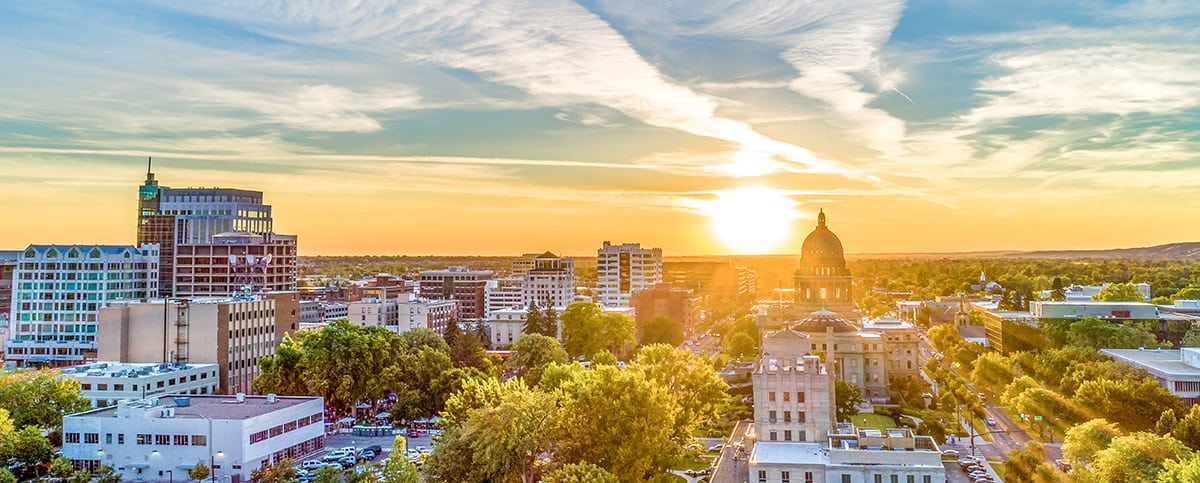


Boise city officials are throwing around the idea of raising taxes on Boiseans by 2% this coming year. Officials are posing this idea as a fiscally responsible move in response to the economic stress on residents caused by COVID-19 and the shutdown of many local businesses. Comparatively, a 2% increase is lower than the tax increases the city has taken in recent years, but it is not the tax break that Boiseans need right now.
By law, the city of Boise can increase its property tax collection by 3% each year, plus additional funds based on new construction and property annexed by the city. In the past seven years, that formula has averaged a 4.9% increase per year.
So restricting the growth in property tax collection to 2% plus new construction and annexation would break the recent history of the city increasing its tax collections by the legal maximum. But property taxes are complicated, and a 2% increase is not just a 2% increase.
If the city of Boise took a 0% base increase, Boiseans would still experience an estimated 1.8% increase in property tax collection. That’s because so much new construction has taken place in the city in the past year that it has changed the market value of the city as a whole. So, when the city says it wants a 2% increase, plus what is allowed by new construction and annexation, that comes out to an estimated 3.8% increase. And, if the city actually took the maximum 3% increase plus new construction and annexation, that would really equate to about 4.8%.
Raising taxes less than the maximum amount allowed is not a tax break. The best relief for Boiseans would actually be to lower taxes by cutting out non essential expenses, or at least freezing tax collection to be the same as it was last year.
Related: Boise wastes $144 million on non-essential expenses.
The city of Boise’s budget manager estimates that every 0.5% increase in property taxes that the city elects not to take is a loss of $800,000 in revenue. So, if the city took a 0% increase (effectively freezing its budget), that would be a loss of $4.8 million in revenue from what it could have acquired from raising taxes. If the city actually lowered tax collection by 2% (instead of raising it by 2%), that would be a loss of $8 million in revenue that it could have collected.
According to the Idaho Statesman, Boise has $19.2 million in reserve funds, which are funds that can be used to help the city through emergencies. So the city would not be hard-hit by a loss of increased revenue from freezing or lowering taxes. It would actually be one of the best moves for the city’s economy, one that would benefit the city later on. If city officials let residents hold onto more of their money then, when businesses reopen, they would have more money in their wallets to support local businesses. This would inject money into the economy and help local businesses — and thus local residents — to again thrive.
Note: There is a public hearing on the proposed budget scheduled for July 21.


